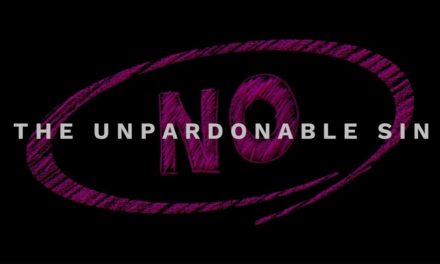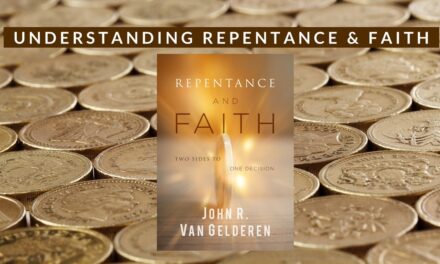The “turn” in repentance is the turn of trust in Christ alone as the Savior, which is the essence of faith. The nature of one’s initial wrong way of thinking will determine details of the turn of trust.
For the religious idolater depending on a false god, repentance for salvation involves awakening to the worthlessness of the idol in contrast with the worthiness of Christ and a turn to Christ as the one true God and Savior. First Thessalonians 1:9 speaks of those who “turned to God from idols.”
For the self-righteous moralist, repentance for salvation awakens to self-righteousness as “filthy rags” in God’s sight and a need for Christ’s righteousness and therefore turns to Christ for true righteousness. Hebrews 6:1 speaks of “repentance from dead works, and of faith toward God.”
For the unrighteous sinner, repentance for salvation involves awakening to a life of sin (or just not caring at all) leaving one in an “undone” condition, recognizing the need for God’s mercy, and responding with a turn to Christ for mercy. In Luke 18:13 the publican cried out, “God be merciful to me a sinner.” Sin is recognized as the problem deserving of judgment, and God is recognized as the only hope.
Sometimes there is a mixture of the above. In all cases, there is an exchange of the wrong way of thinking for the right way of thinking. Therefore, repentance is a turning to Christ from whatever a person has been trusting in, whether false securities of the religious type (idolatry or works) or an irreligious type (atheism, agnosticism, materialism, hedonism, etc.). Repentance is a turning from a wrong way of thinking (something that the Holy Spirit’s conviction has exposed as the problem) and turning to the right way of thinking that, through the Spirit’s convincing, is found to be the solution to the problem.
To illustrate, recall Jesus responding to a young man’s question, “What must I do to inherit eternal life?” Jesus told the rich young ruler to sell his possessions, give to the poor and follow Him. Was this a call to a works-based salvation? No, not at all. Rather, Jesus’ answer simply revealed this man’s wrong object of dependence—his wealth. In fact, Jesus explained this very point by stating, “How hard it is for them that trust in riches to enter the kingdom of God” (Mark 10:24). The phrase trust in riches revealed the young man’s issue, a wrong object of trust—a short-sighted, false security. Therefore, Jesus challenged the rich young ruler to transfer his dependence from his wealth to Christ.
In the last few articles in this series, we will address faith and repentance in relationship to the Spirit-filled life beyond salvation.

John Van Gelderen
Post Author











